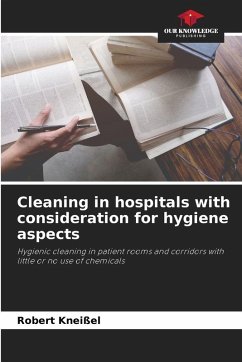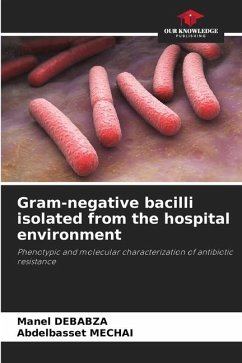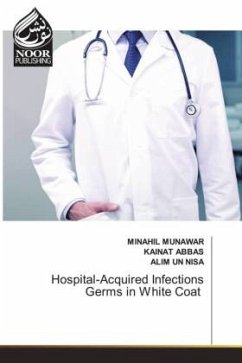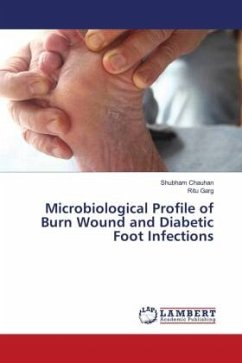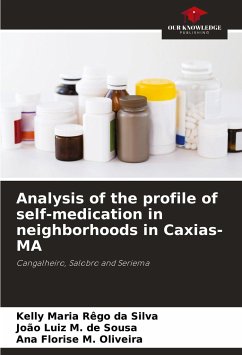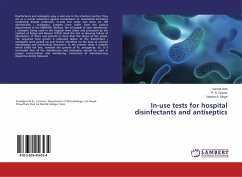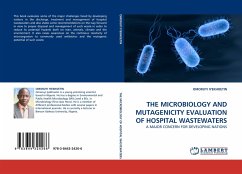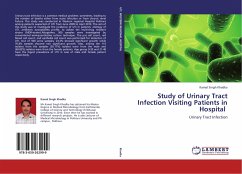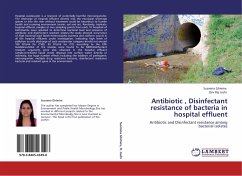
Microbiological Profile of Hospital Infections in ICUs
Versandkostenfrei!
Versandfertig in 6-10 Tagen
27,99 €
inkl. MwSt.

PAYBACK Punkte
14 °P sammeln!
Hospital-acquired infections are a serious public health problem, leading to increased morbidity and mortality among patients admitted to intensive care units, complications related to health care, as well as longer hospital stays and consequently higher hospital costs. The aim of this study was to investigate the microbiological profile of hospital-acquired infections in intensive care units (ICUs) at a public hospital of reference for high complexity in the state of Piauí. A total of 33 medical records were assessed for the months of June, July, August and September 2014. A death rate of 57...
Hospital-acquired infections are a serious public health problem, leading to increased morbidity and mortality among patients admitted to intensive care units, complications related to health care, as well as longer hospital stays and consequently higher hospital costs. The aim of this study was to investigate the microbiological profile of hospital-acquired infections in intensive care units (ICUs) at a public hospital of reference for high complexity in the state of Piauí. A total of 33 medical records were assessed for the months of June, July, August and September 2014. A death rate of 57.6 per cent was identified, 33.3 per cent related to respiratory system infection, with Klebsiella spp responsible for 22.2 per cent of infection cases, which revealed 100 per cent sensitivity to carbapenem antimicrobials (meropenem, ertapenem, imipenem), followed by Acinetobacter spp (18.5%), Pseudomonas aeruginosa (14.8%) and Escherichia coli (11.1%), respectively sensitive to Poliximine B and Tigecycline(100%), Amikacin(100%), and Amikacin(100%), Cefepime(100%), Tigecycline(100%).





